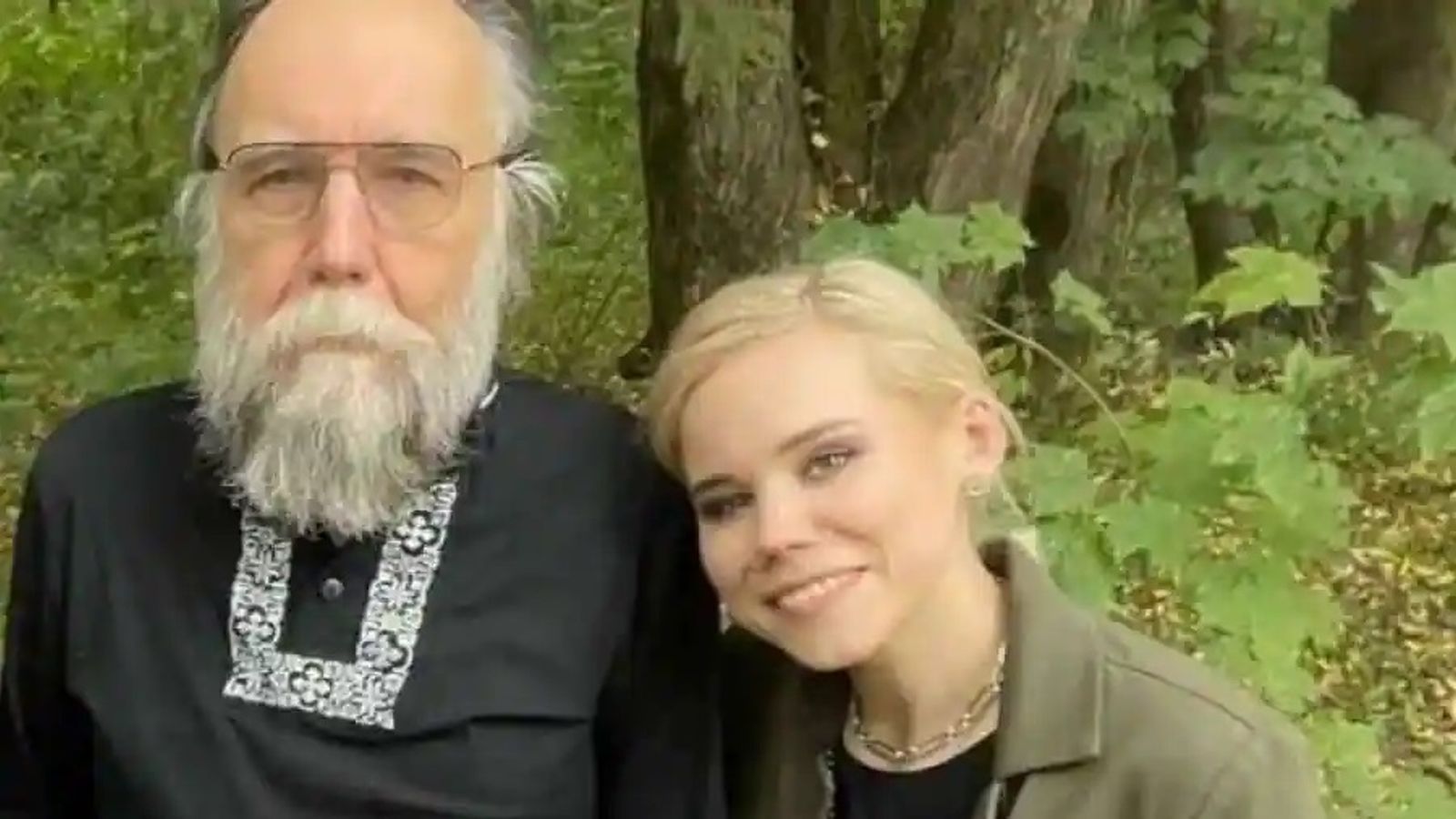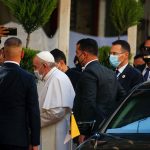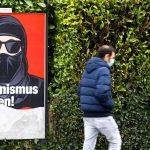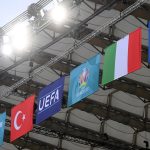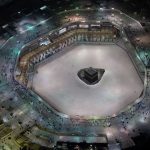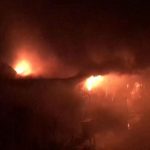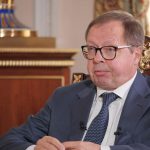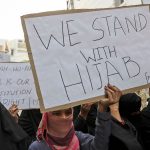Ukrainian special forces were behind a Moscow car bombing that killed the daughter of an ally of Vladimir Putin, Russia’s security service has claimed.
The FSB, as reported by the Interfax news agency, said the attack was carried out by a woman who arrived in Russia last month with her teenage daughter.
She rented an apartment, from where she researched bombing target Darya Dugina, daughter of Russian ultra-nationalist and political theorist Alexander Dugin, and went to an event attended by the pair outside Moscow on Saturday.
After carrying out a “controlled explosion” on the car that Ms Dugina was travelling in, which belonged to her father, the FSB claimed the suspect fled to Estonia.
Ukraine has denied it was involved, and has blamed internal power struggles between “various political factions” in Russia for the attack.
War has turned into Putin’s ‘nightmare scenario’ – live updates
Asked about suggestions Ukraine was behind the killing, ex-UK ambassador to Russia Sir Tony Brenton told Sky News: “I think actually it’s quite unlikely.”
Dennis Rodman planning Russia trip ‘this week’ in bid to get Brittney Griner released
Daughter of Russian ultra-nationalist killed in suspected car bomb attack
Ukraine war: Russian forces step up efforts to take full control of Donbas
He said: “Russia is a pretty tightly controlled state at the moment, and for a state which they are at war [with] to organise a car bombing in Moscow – bang in the centre of Russian security concerns – looks like a pretty tough order.
“If they could do it, Dugin wouldn’t be the most obvious target. There are lots of other more influential Russians around who they could have gone for.”
Footage showed Mr Dugin at the scene after the explosion, his hands clutching his head in horror.
Sir Tony did not rule out the possibility the daughter – who had appeared on state TV to offer support for Russia’s actions in Ukraine – may have been the intended target as she shared her father’s right-wing views, but added Mr Dugin is “a much better known figure than she was”.
“Putin has quoted him and knows his work,” he said.
Subscribe to the Ukraine War Diaries on Apple Podcasts, Google Podcasts, Spotify, Spreaker
He said the Russian president would see it as an attack “probably from the West, or supported by the West” on his mission to make Russia great again.
There are “all sorts of wild conspiracy theories”, Sir Tony said, including that some obscure Russian partisan group was responsible for the bombing, or the nationalists themselves in Russia had done it as a way of getting the government to be tougher in the war.
“It remains unclear and is subject to investigation,” Sir Tony said.
“The most likely consequence, whatever the investigation produces – and the investigation results will undoubtedly be massaged – the sure consequence of this, is that it strengthens pressure on the Russian authorities to propagate their war as toughly as they can… and to strengthen the support of the Russian people for the war.”
Read more:
Inside the mind of Vladimir Putin
Why is Putin so fixated on taking Ukraine?
Putin likely ‘disappointed’ with state of war
Mr Dugin has long called for the unification of Russian-speaking and other territories in a vast new Russian empire.
Sir Tony said it was unclear how much influence Mr Dugin had on the Russian leader, but they shared the view “that Russia is the greatest nation on Earth, that it has maintained its greatness amongst other things by incorporating key Slavic Nations, including Ukraine, and therefore the Russian action against Ukraine is entirely justified”.
However, he said Mr Putin was likely “a disappointed man” in terms of the progress of the Russian invasion of Ukraine, which has been slow despite its massive artillery superiority.
“It looks like the war is heading towards and already may be at a stalemate,” Sir Tony said.
“The operation went badly wrong in the beginning, they failed to occupy Kyiv in three days as they had been expecting, substantially narrowing their aims to occupying the east of Ukraine and actually aren’t getting very far there.”
“Quite clear signals have been coming out of Moscow that they are ready to talk… a sign of an admission on their part that they are not going to achieve their initial objectives,” he added.
